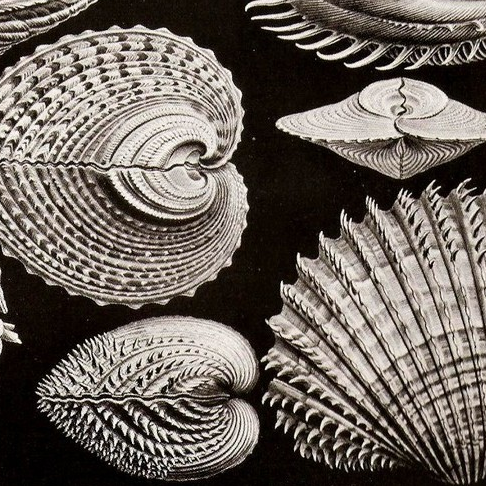Shells and Pebbles
Interesting finds on the shores of the history of science and the humanities
-
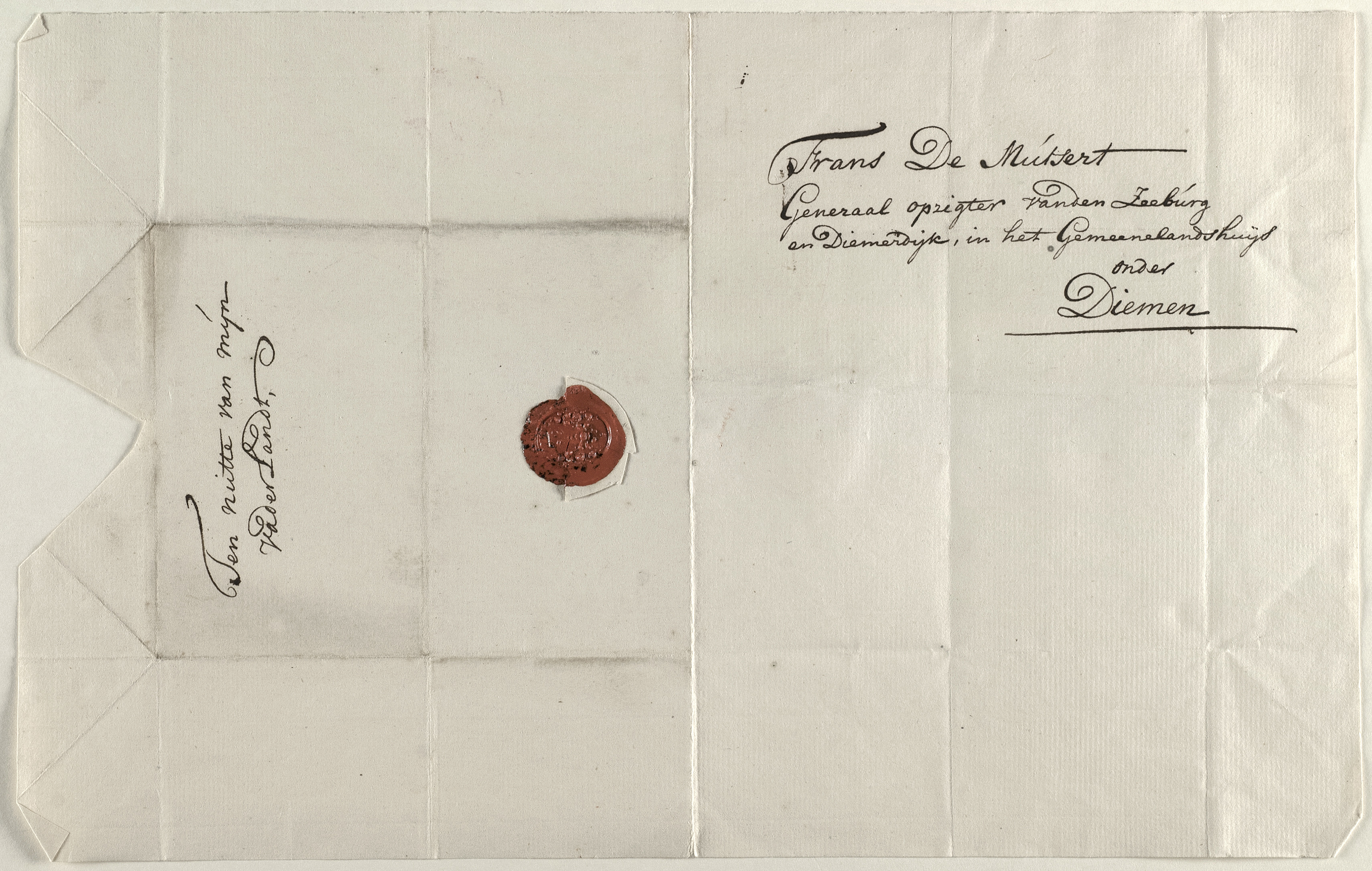
Shortcuts to scholarly distinction: academic fraud in Dutch prize contests, ca. 1750-1900
Prize contests are not a medium many people would associate with science nowadays. Academic papers and books produced in the context of universities are the norm these days. Yet, this has not always been the case: historically, universities were primarily training grounds for generations of lawyers, theologians and doctors. A lot of interesting research went…
-

The Murky Waters of Classification: Ordering Fish in Eighteenth-century Europe
By Didi van Trijp ‘Fish & Fiction‘ is an exhibition on the history of fascination with the aquatic life, between 1500-1900, and is currently on show at the University Library of Leiden University (until January 13). The coming weeks Shells and Pebbles is publishing some of the catalogue texts, composed by the historians who contributed…
-
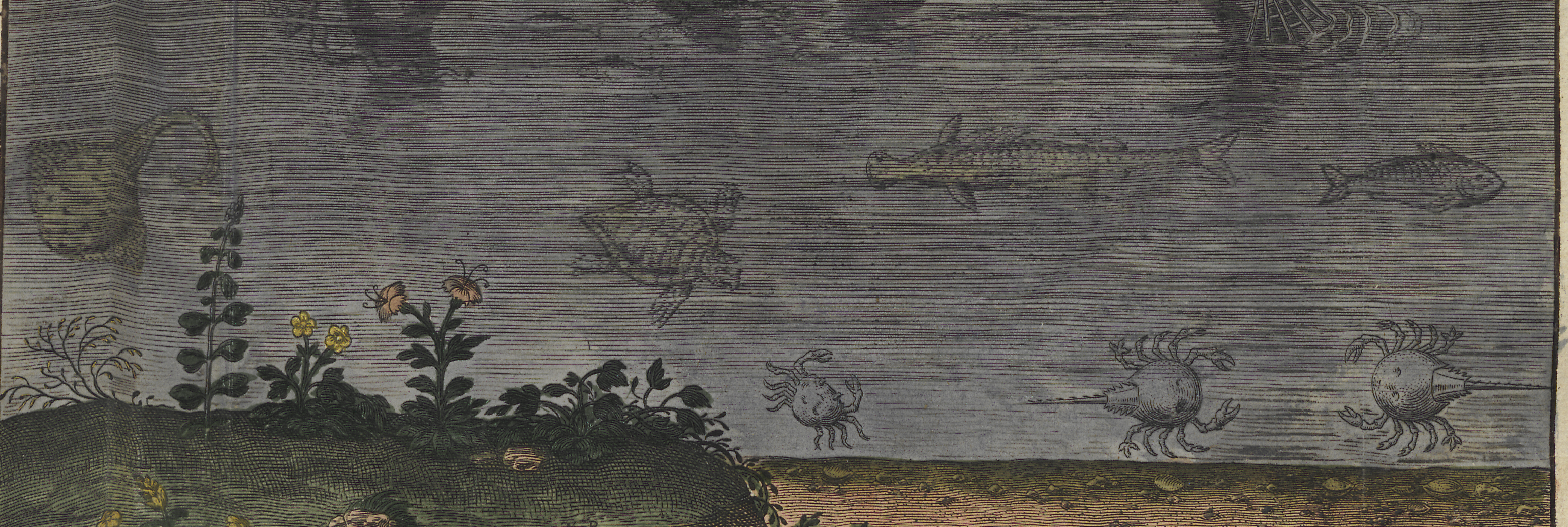
Fish out of Water: Collecting Aquatic Animals in the Early Modern Period
‘Fish & Fiction‘ is an exhibition on the history of fascination with the aquatic life, between 1500-1900, and is currently on show at the University Library of Leiden University (until January 13). The coming weeks Shells and Pebbles is publishing some of the catalogue texts, composed by the historians who contributed to the exhibition, and which…
-
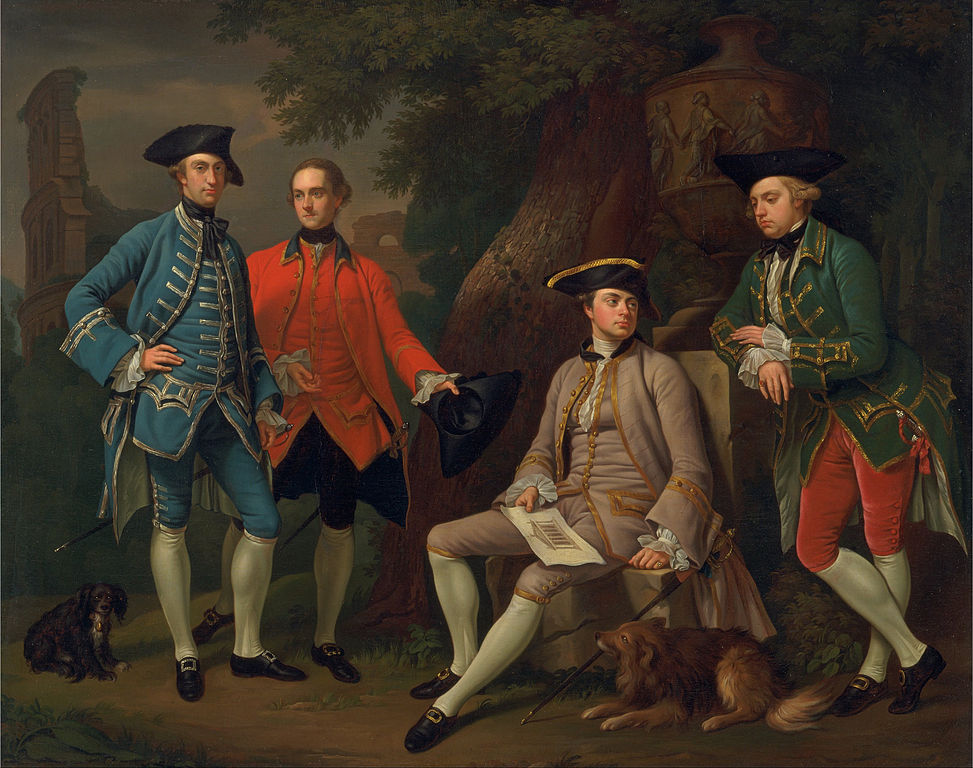
Rethinking the Republic of Letters: Two Perspectives on the Early Modern Learned Community
Early modern scholars oftentimes emphasised the ideal of sharing knowledge beyond confessional and national borders. But was the learned community of early modern Europe truly as open and accessible as these intellectuals proclaimed? Or did the Republic of Letters in action perhaps comprise a number of “sub-republics” divided along the lines of religion, discipline, region,…
-
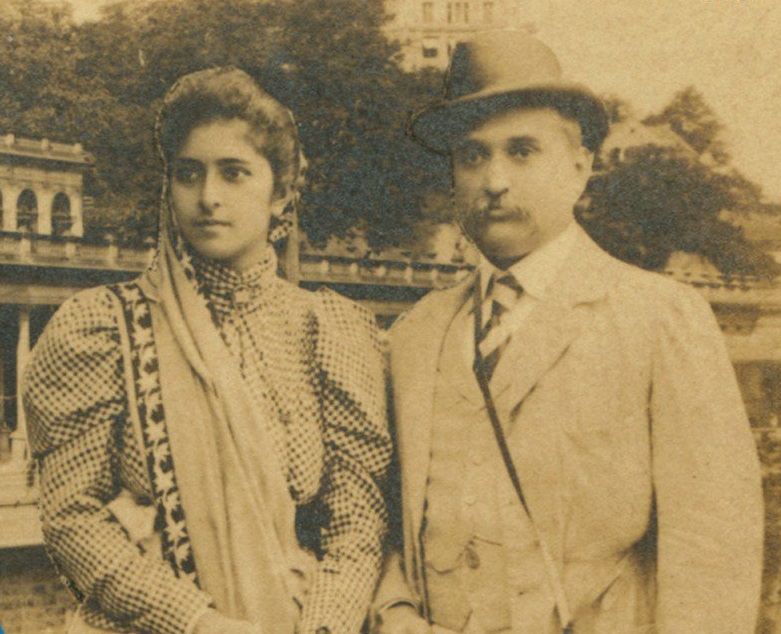
‘Around the world-flung field, for healing for mankind’: Indian Philanthropy and European Leukaemia Research
By Shirish N. Kavadi In the early twentieth century leukaemia was a major mystery in medical science. Research into the disease was constrained by lack of or inadequate funding. The Lady Tata Memorial Trust (LTMT) established in 1932 in Bombay was among the earliest philanthropic efforts to provide fellowships and grants to some of the leading…
-

Dr. Schelkly en Sterk Water
“Zending uit West-Indië, 19 januari 1901.”[1] Een glazen pot met daarin drie baby’s staat onopvallend op een plank in het Anatomisch Museum Bleulandium van het UMC Utrecht. Het handgeschreven etiket verwijst enkel naar de periode en plaats van herkomst. Het gaat vermoedelijk om een voldragen baby en twee foetussen van ongeveer vijf maanden oud. De…
-
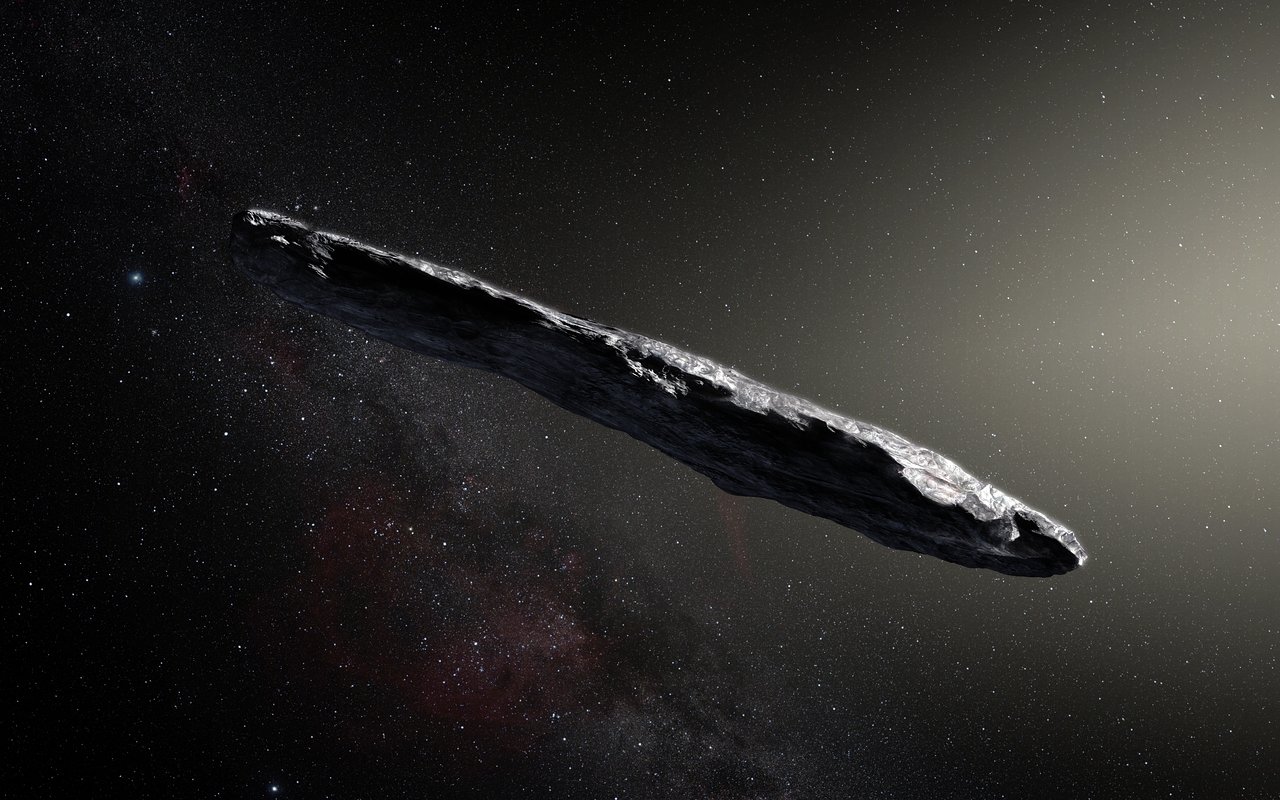
Imagining the Unseen
From high-tech gadgets to views of distant planets and meteors, scientific discoveries often spark our imagination. We might almost forget that imagination has an important role in the scientific enterprise itself too. This is particularly true for those subjects that little else can give us access to. We can employ telescopes, probes and microscopes to…
-
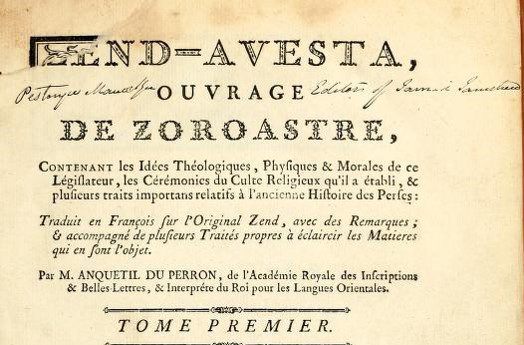
What Zarathustra said: The sixty-year controversy regarding Anquetil-Duperron’s Zend-Avesta
In 1771, a French scholarly adventurer by the name of Abraham-Hyacinthe Anquetil-Duperron shocked the Republic of Letters with his translation of Zend-Avesta, Ouvrage de Zoroastre. Published in three volumes with a long series of appendices and a book-length introduction about Anquetil’s travels in India, it offered the first known example of a monotheistic text with…
-
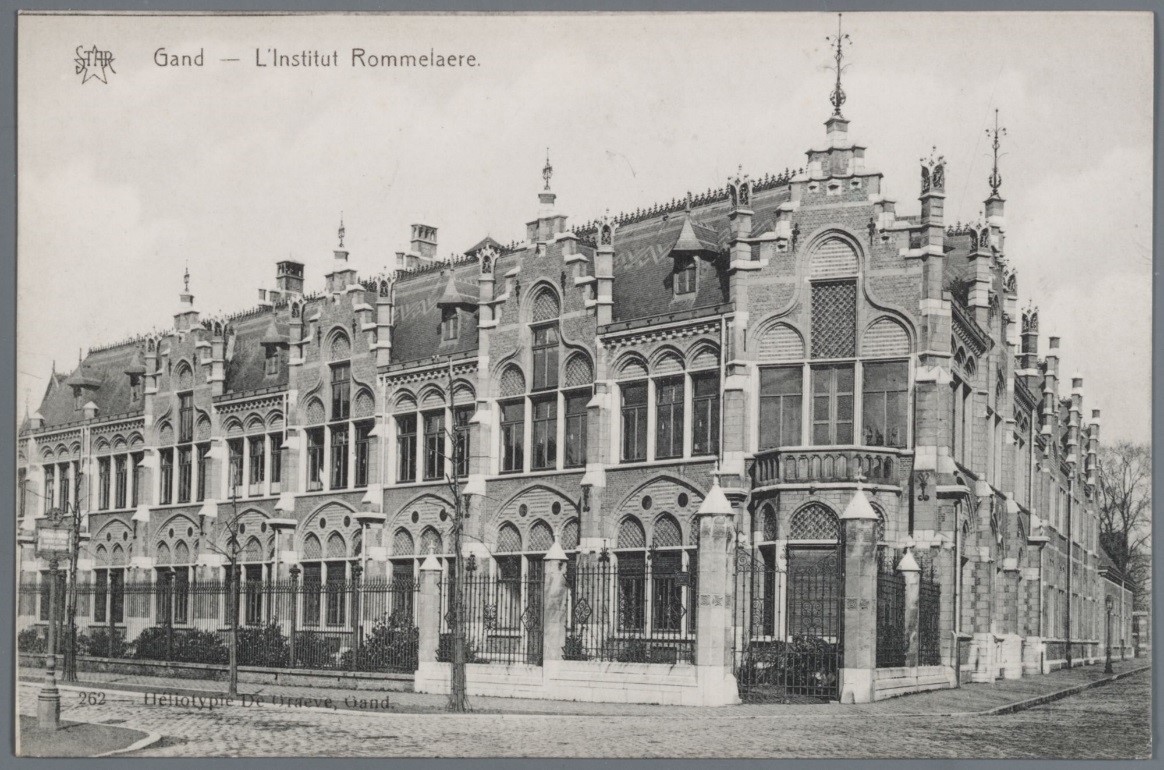
Lichamen voor de wetenschap
Je lichaam schenken aan de wetenschap was nog nooit zo populair. In de voorbije twintig jaar is het aantal donaties aan Belgische universiteiten verdubbeld. In Nederland is het aanbod aan lichamen zelfs groter dan de vraag: verschillende medische faculteiten laten alleen mondjesmaat nieuwe aanmeldingen toe. In de rij staan voor een dissectie, dat had honderd…
-
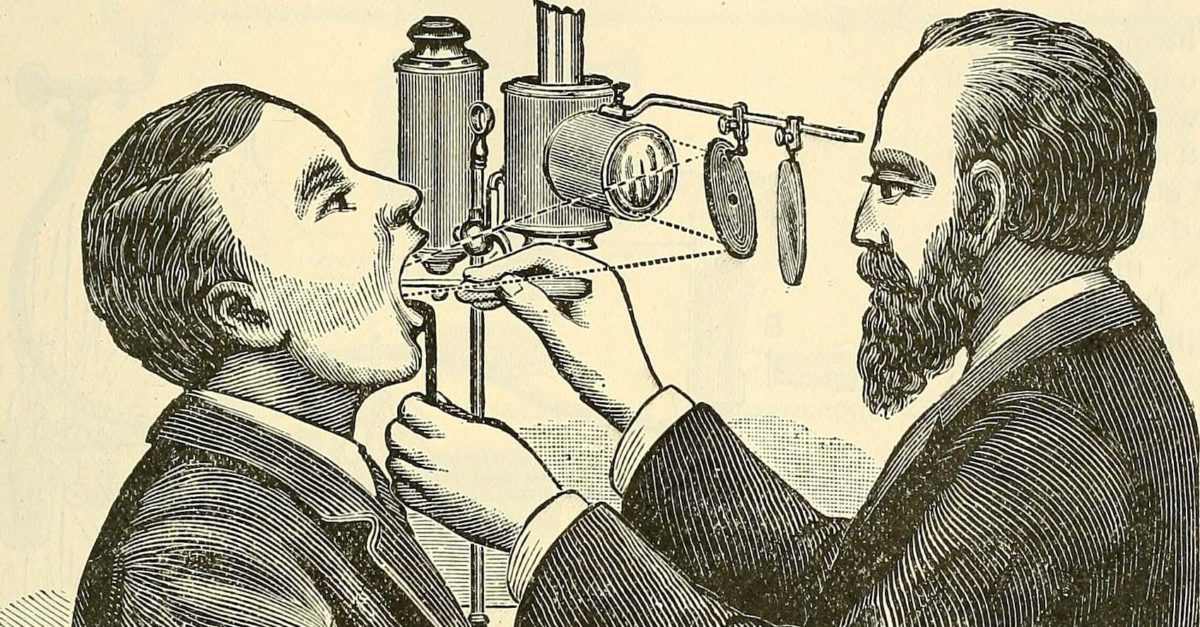
Een forumsectie over een ‘divide’ die er nooit is geweest?
In de voorjaarseditie besteedt History of Humanities een forum aan de ‘two cultures’ — de vermeende tegenstellingen tussen de natuur- en geesteswetenschappen. Wat volgt is een korte bespreking van de afzonderlijke bijdragen en een evaluatie van het geheel. Die eindwaardering komt erop neer dat we een hoop leren van deze forumsectie, zowel empirisch als conceptueel,…
-
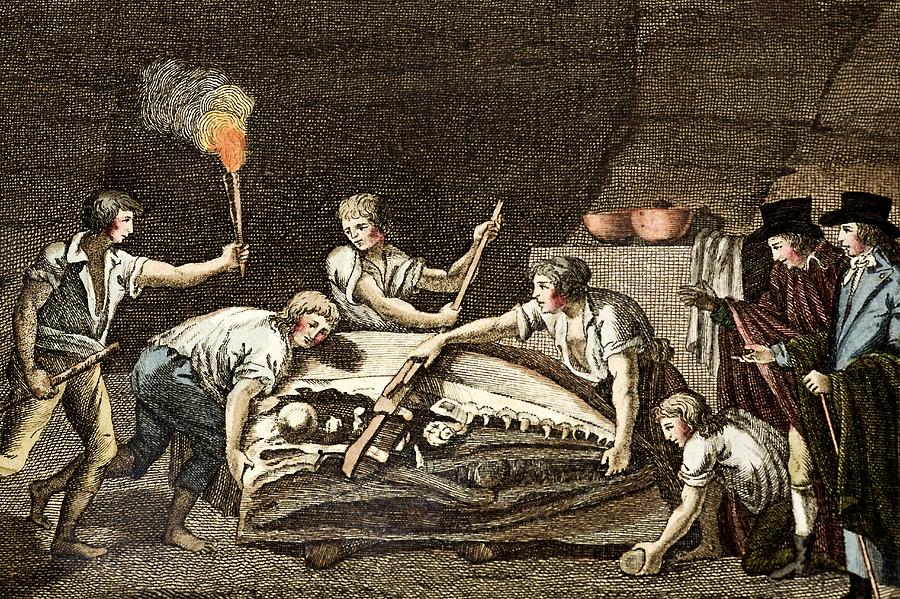
Onvoorstelbare oudheid. Een revolutie in historisch denken rond 1800
Op maandag 22 juli 1782 stapte Martinus van Marum binnen bij François Xavier de Burtin in Brussel. De jonge Van Marum reisde als lid van Teylers Tweede Genootschap door Europa, op zoek naar natuurhistorische collecties voor het snelgroeiende museum van zijn genootschap in Haarlem. De Burtin was een vooraanstaand arts in de hoofdstad van de…
-
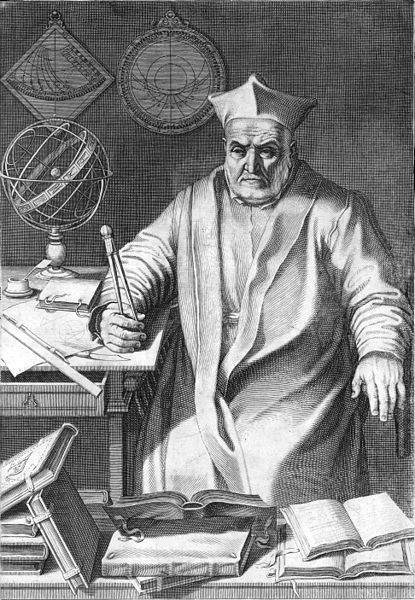
The War against Disorder: The Jesuit Victory over Indivisibles
On August 10, 1632, the Revisors General of the Society of Jesus, better known as the Jesuit Order, forcefully condemned the doctrine that the continuum is composed of infinitely small atoms and forbade it from being pursued, taught, or even entertained. In a blog that reads like a thriller, historian of mathematics Amir Alexander (UCLA)…
-
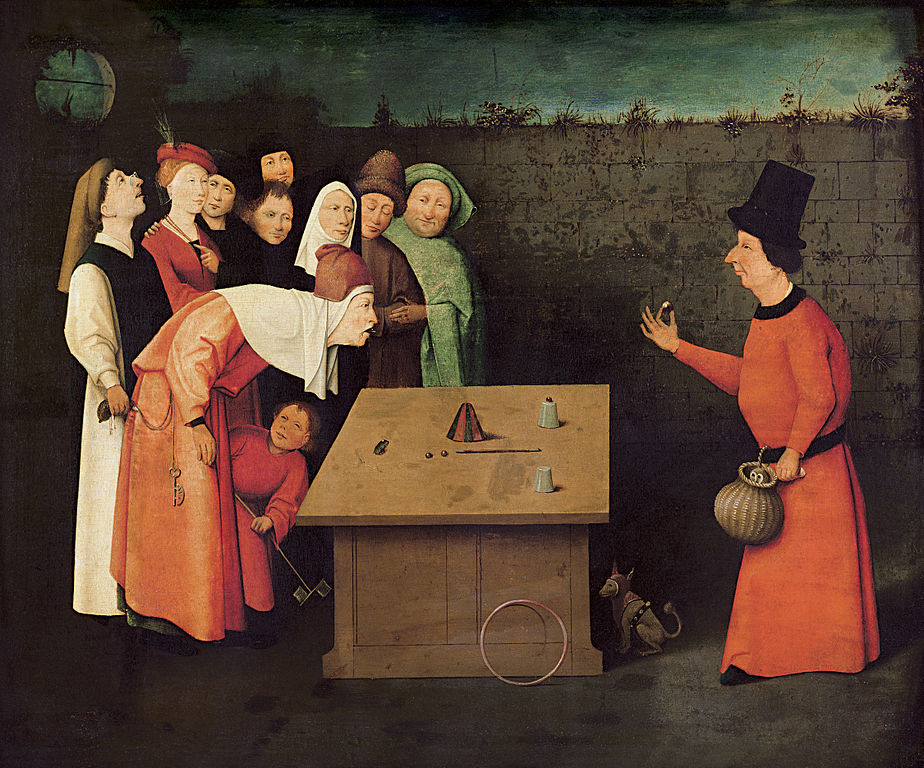
Naar een wetenschapsgeschiedenis in het tijdperk van alternatieve feiten
Nieuwe tijden vragen om nieuwe geschiedenissen. In dit blog presenteert Rienk Vermij (The University of Oklahoma) zijn opzet voor een radicaal nieuwe wetenschapsgeschiedenis. Waar Ad Maas enige tijd geleden al een lans brak voor historisch onderzoek naar alternatieve feiten en maatschappelijke waarheidsbevinding, beoogt Vermij een lange wetenschapsgeschiedenis waarbinnen de ontwikkeling van een morele gemeenschap centraal…
-

The rise and fall of the fact: History of science in times of post-truth and alternative facts
With the boisterous rise of populism in politics and public debate, politicians and the media seem to deal with the truth in an increasingly dubious manner. We have entered—it is said—the era of ‘post-truth’, ‘fake news’, ‘alternative facts’, and ‘fact-free’ politics. In this essay, I argue that history of science can help putting these developments…
-
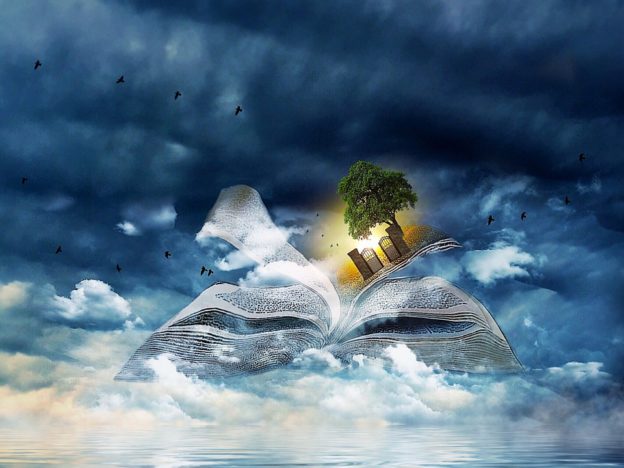
Lezen of niet-lezen, dat is de vraag
Onlangs kreeg ik van iemand die kennelijk wat aan mijn gevestigde opvattingen wilde rammelen het boek van Pierre Bayard kado, How to talk about books you haven’t read (2007). Bayard is Fransman, psychoanalyticus en doceert in Parijs Franse literatuur. Die combinatie belooft meestal niet veel goeds, maar het boek is werkelijk heel leesbaar. Daarmee kon…
-
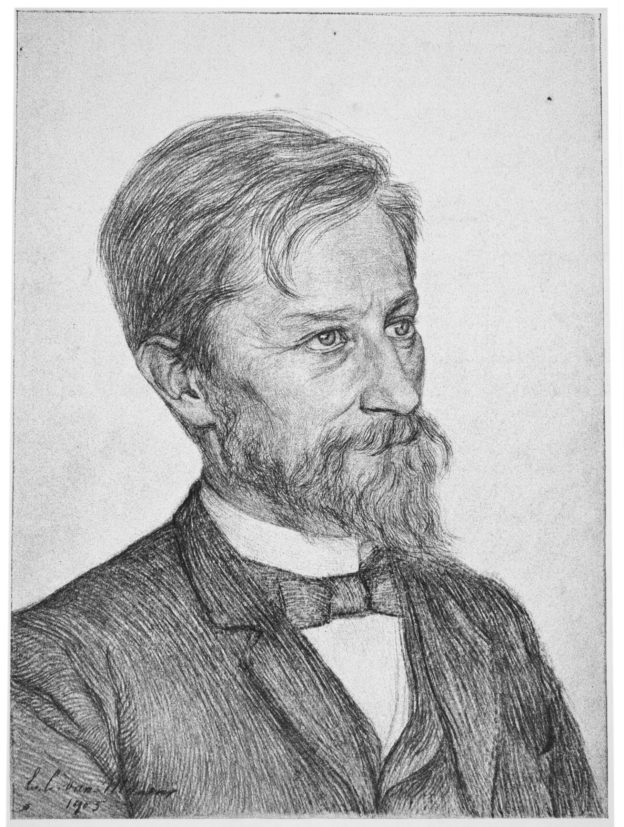
Gerbrandus Jelgersma: een wetenschappelijke (r)evolutie?
Tussen 1900 en 1920 voltrok zich binnen de psychiatrie een transformatie van een overwegend biomedische benadering naar een meer psychologische. Psychiaters in Nederland hadden veel aandacht voor psychologische en in het bijzonder psychoanalytische methoden om geestesziekten te bestuderen. Als één van de eerste Europese hoogleraren psychiatrie die de psychoanalyse omhelsde, was de Leidse psychiater Gerbrandus…
-
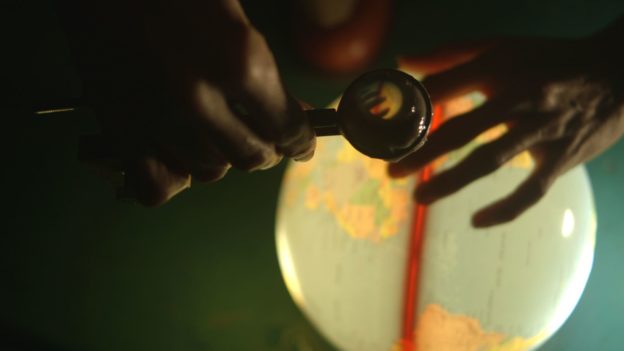
In Waking Hours: Historical reconstruction, film, and why we need more diversity in academic output
On 6 December 2016 Katrien Vanagt, a historian of science and filmmaker, gave a guest lecture on early modern experiments in anatomy and optics within Prof. Sven Dupré’s Master course “Art and knowledge: Light, Color and Perspective in Art” at University College Utrecht. First, we watched her documentary In Waking Hours, co-produced with film maker…
-

Probing the Boundary between Knowledge and Science in the History of Psychology: The Late Antique Roots of Introspection
The period of transition from classical antiquity to the Middle Ages, known as late antiquity, gave rise to some of the elements that have since constituted the identity of the Western self. It also gave rise to new lines of psychological investigation, of which Western psychology is the remote heir. Psychology, however, did not exist…
-
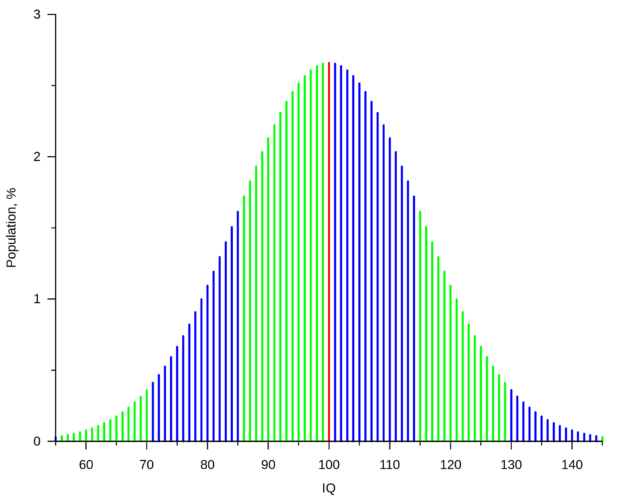
What’s on the mind of the psychometrician?
Many of the figures that historians write about died a long time ago. To gain insight into their lives, historians investigate sources that have in fact survived the test of time. But what would it be like to ask Isaac Newton a question in person? And what would you ask him? Isaac Newton has passed…
-

Card files of the self
Every generation gets the self-help book it deserves. From the nineteenth-century Marriage Manual to the more recent The 4-hour Work Week (2007), books have been telling us how to cope with life. The promises of these books were—and still are—based on new or recycled knowledge about psychology, health, and business, and on common sense advice…
-
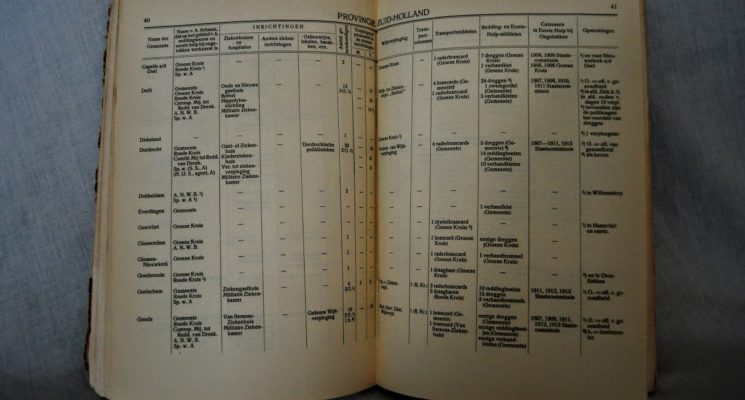
A Near Impossible Task
In case of an emergency you call the emergency hotline, and help arrives quickly. This seems so straightforward that one almost forgets it requires a lot of coordination and organization. At the turn of the twentieth century the organizational structure behind emergency medicine developed significantly. Especially fundamental was the introduction of triage during the First…
-
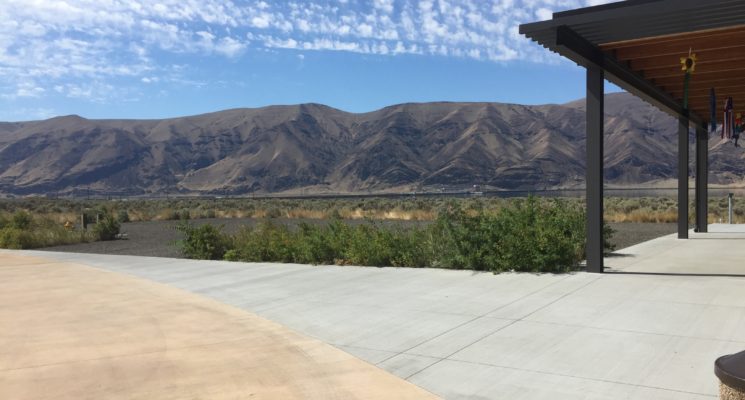
Museums on the United States’ Atomic Frontier
5211 miles. In the distance that runs roughly from London to Karachi, Pakistan, I spent the summer of 2016 driving across the western half of the United States to visit six atomic sites. Each site was integral in the production of the US nuclear arsenal during World War II and the Cold War. While I…
-
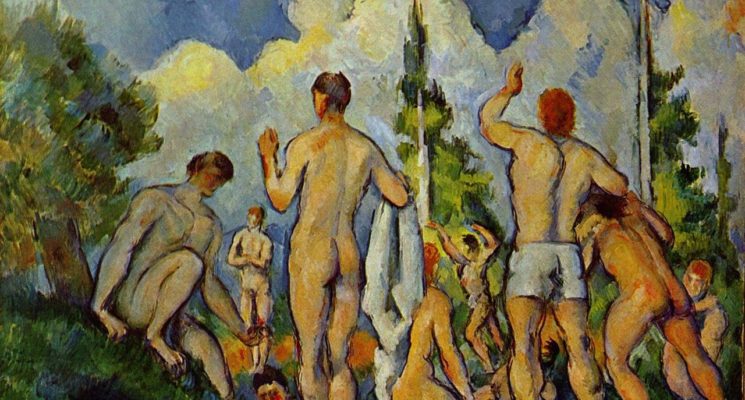
Painting a picture of the Modern-Day Amateur Scientist
“There is no such thing as an amateur artist as different from a professional artist. There is only good art and bad art,” said the French Painter Paul Cézanne, tipping his hat to his amateur colleagues. Such an attitude might appear to be on the rise in the world of science as well. In recent…
-
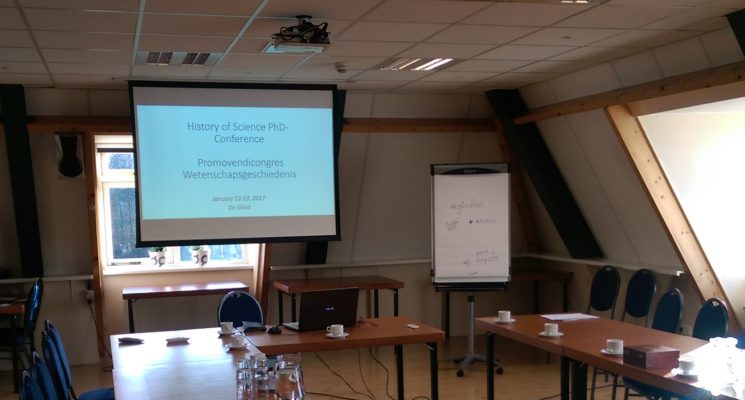
The De Glind Conference and the Twilight of Disciplinarity
The History of Science PhD-Conference at De Glind is the successor of the biennial conferences at Rolduc. Two years ago, Hans Schouwenburg noticed a remarkable diversity of topics in his report of the Rolduc gathering. A great variety again characterized this year’s meeting. This was clearly reflected in the different backgrounds of the participants. Though…
